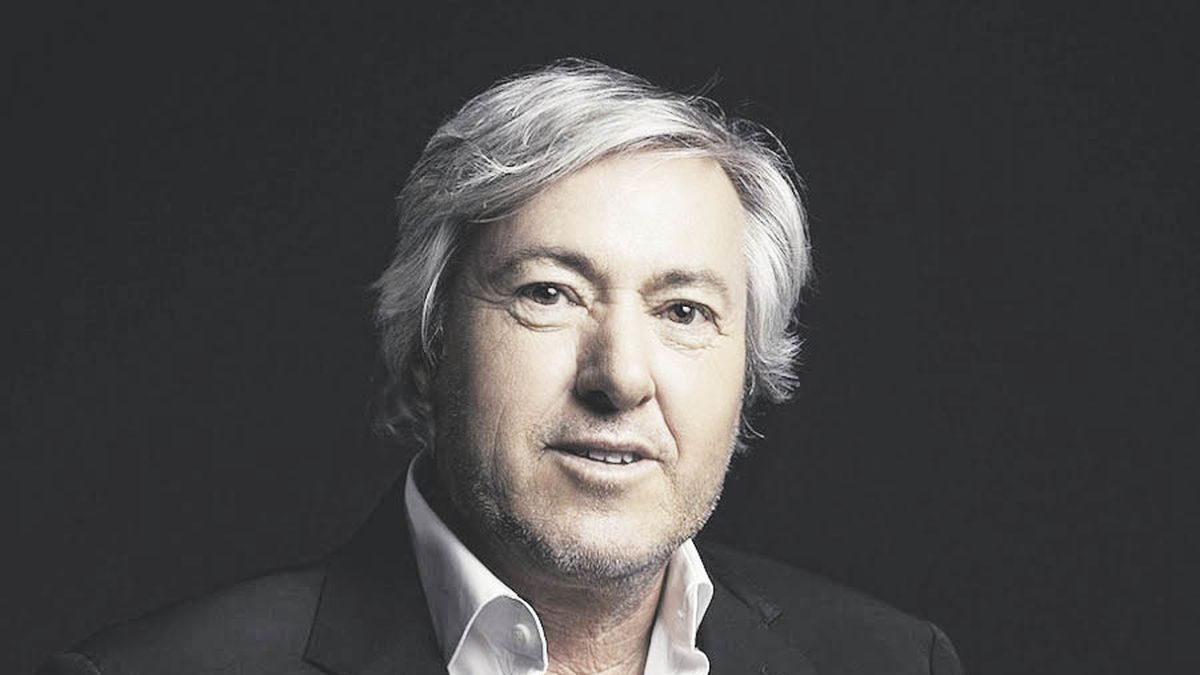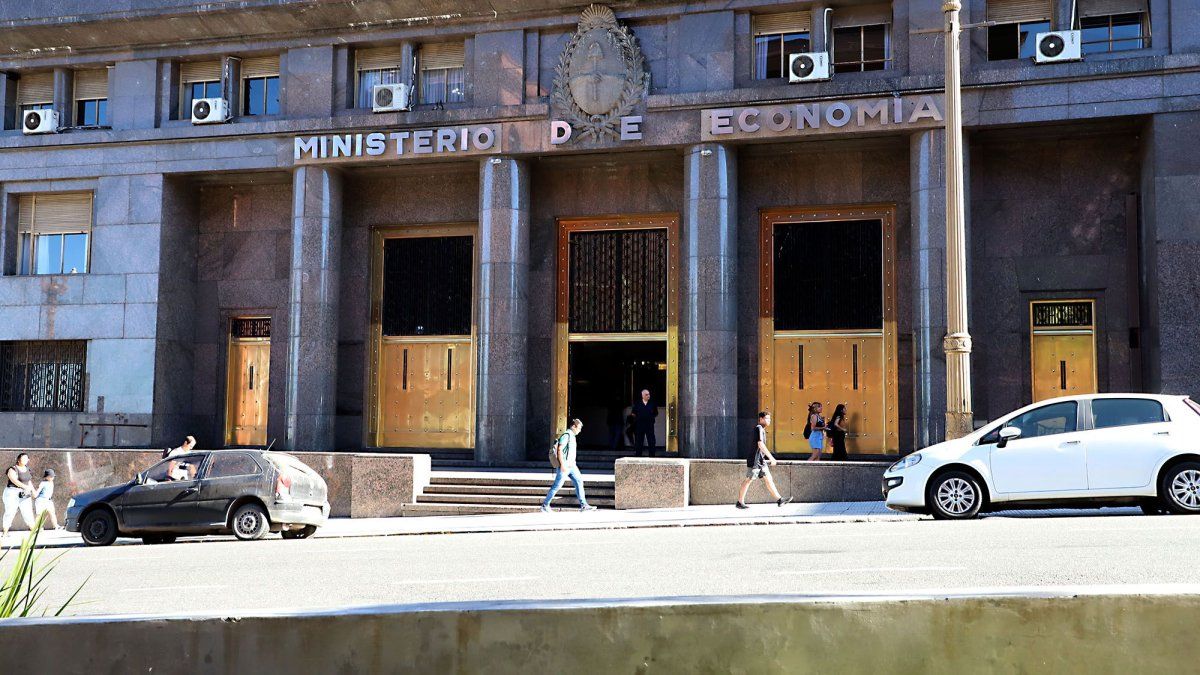A. Roemers: He was in the countryside, in the mountains, in Córdoba, having lunch with friends, and one of them told something that had happened to him with his father. That moved me. I told him that I wanted to write what he had said because things about me resonate with me, and if he had any objection to doing so. The pandemic was going to have me there for a while and writing is going to be a way of having the tension put into writing. He told me that he had no problem, and I assured him that he would change the names, the places. I added facts that did not obey the case, things that had to do with me, and that is how the novel came about.
Q.: Did you propose that in your thriller there would be sex, corruption, the world of big money?
AR: To the story that really happened, I added facts that sustained the tension. I began to write a bit like my previous novel, “Living is written in the present”, with the crime of the protagonists, and the publisher questioned me. That led me to rethink everything, to make flashbacks, to imagine events, like the body found at the beginning, but the plot was built from that initial story. I am not interested in making a cocktail drop so that the book is sold. What I do is seek to make the reader aware that little things in their environment, on which they can act, can change the world. Mother Teresa used to say that if everyone sweeps the door of her house we will have a clean world. The world is not bad for a few who make disasters, it is bad for the millions who do not do all the good they can to have a different world. “Dying what is necessary” shows what a father achieves by being able to communicate with his son and thus achieves something unthinkable until then.
P.: It is what happens with the commissioner and his son.
AR: And with him and his wife. They had a point of permanent disagreement and he had to change his preconceptions. He had to change his prejudices regarding the sexual orientation of his son, accept him, embrace him, and that at the same time fixes his marriage. Family reconciliation is good for the group and its environment. What is directed well has an unexpected and beneficial influence.
Q.: Why are you changing literary genres, from poetry to a spiritualist text and from there to a thriller?
AR: I am half unspeakable. I have done different things. It’s like a challenge. When he told me to write a novel, I refused, and finally I’m on the second one and I don’t know how many there will be. “The Return of the Young Prince” is not a novel, it is a book of inner revelation. “Dying what is necessary” is the result of the months of confinement due to the pandemic, then came the rewriting and corrections.
Q.: The title at the end of the book becomes metaphorical.
AR: The first title I thought of was “Déjà vu” because there is an important scene that is repeated, but a friend reminded me that there is a movie with that name. Then it occurred to me to “die what is necessary” as a way of saying everything possible about oneself until the final moment arrives, that we leave everything in our endeavors, in the people we love, in those with whom we interact. Perhaps it is something by Hermann Hesse, my favorite author since I was young.
Q.: What do you plan to write now?
AR: I have the structure of a completely different novel, a family saga in European history of the last few centuries. But for me the main thing, at the moment, are the scripts for some series for streaming.
Source: Ambito
David William is a talented author who has made a name for himself in the world of writing. He is a professional author who writes on a wide range of topics, from general interest to opinion news. David is currently working as a writer at 24 hours worlds where he brings his unique perspective and in-depth research to his articles, making them both informative and engaging.




